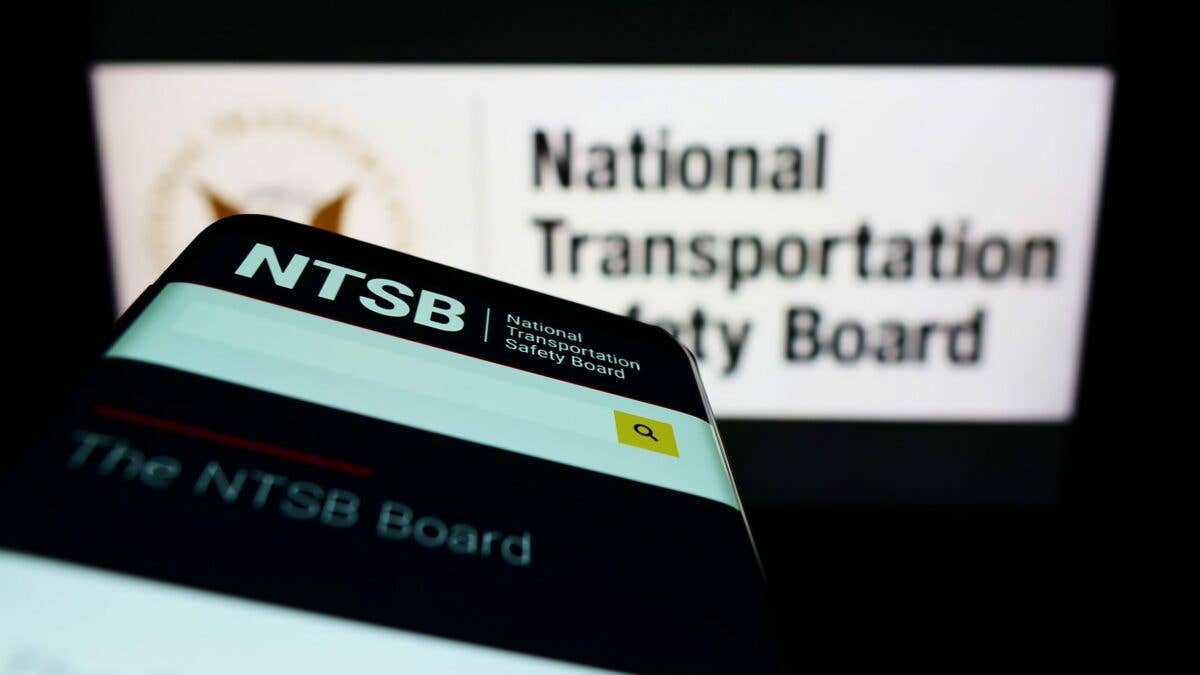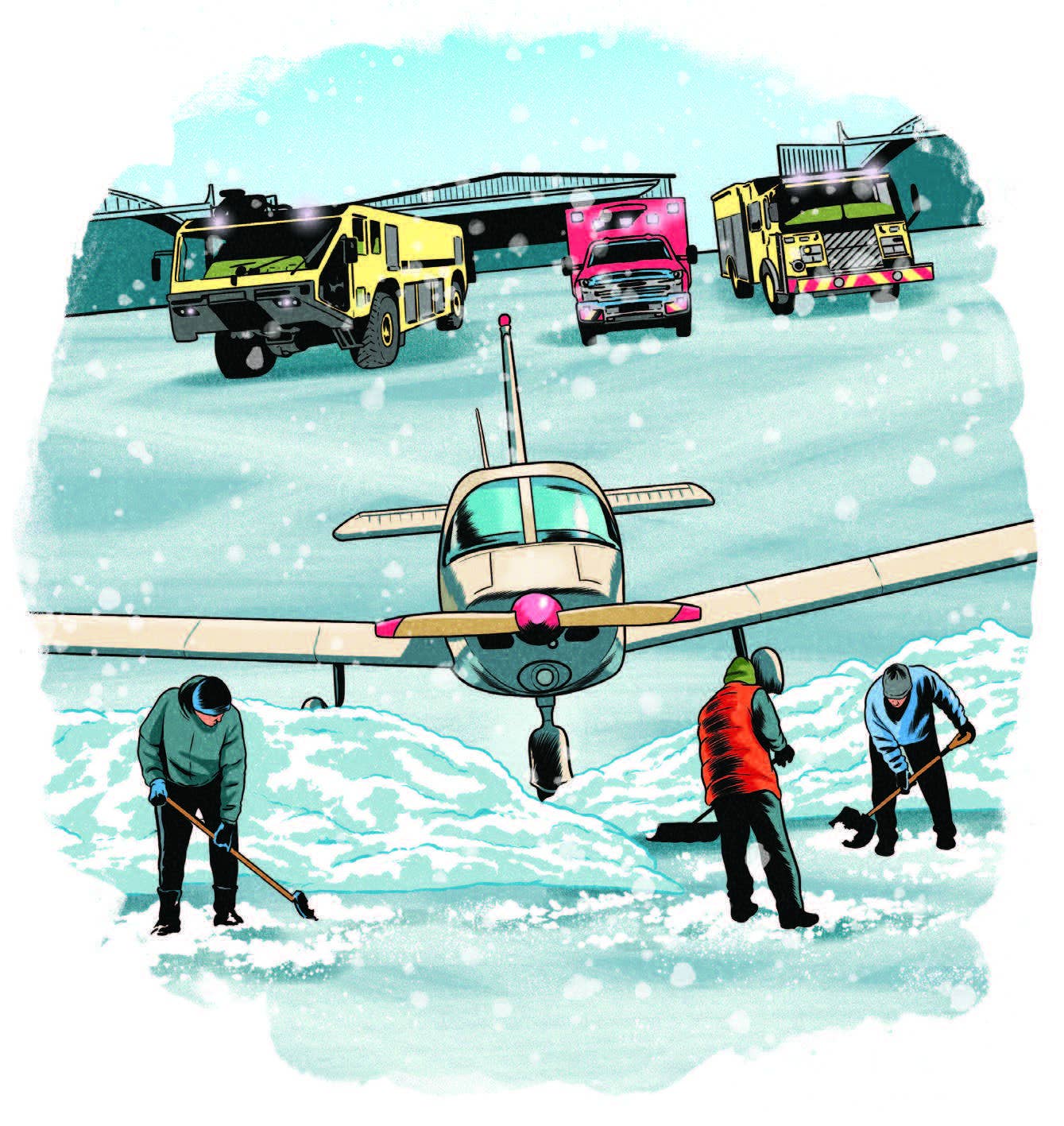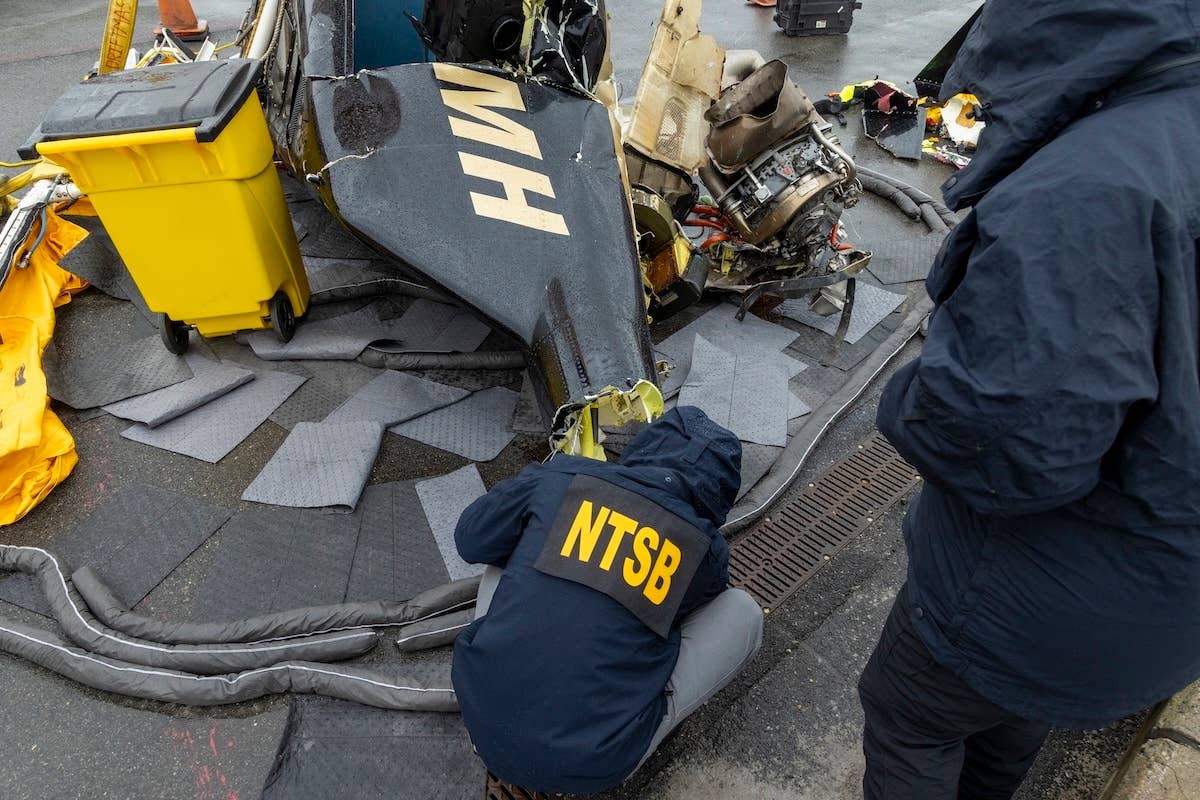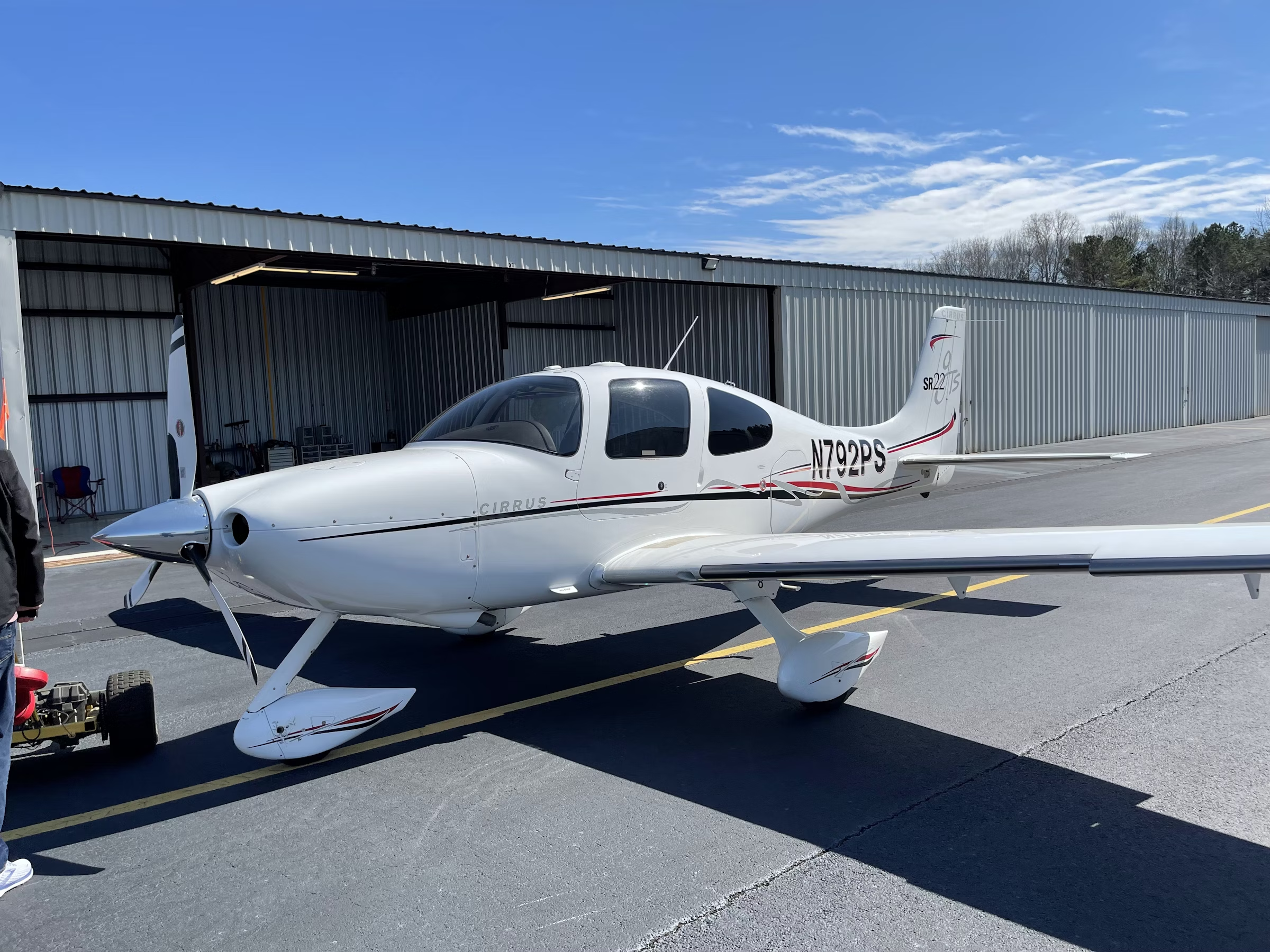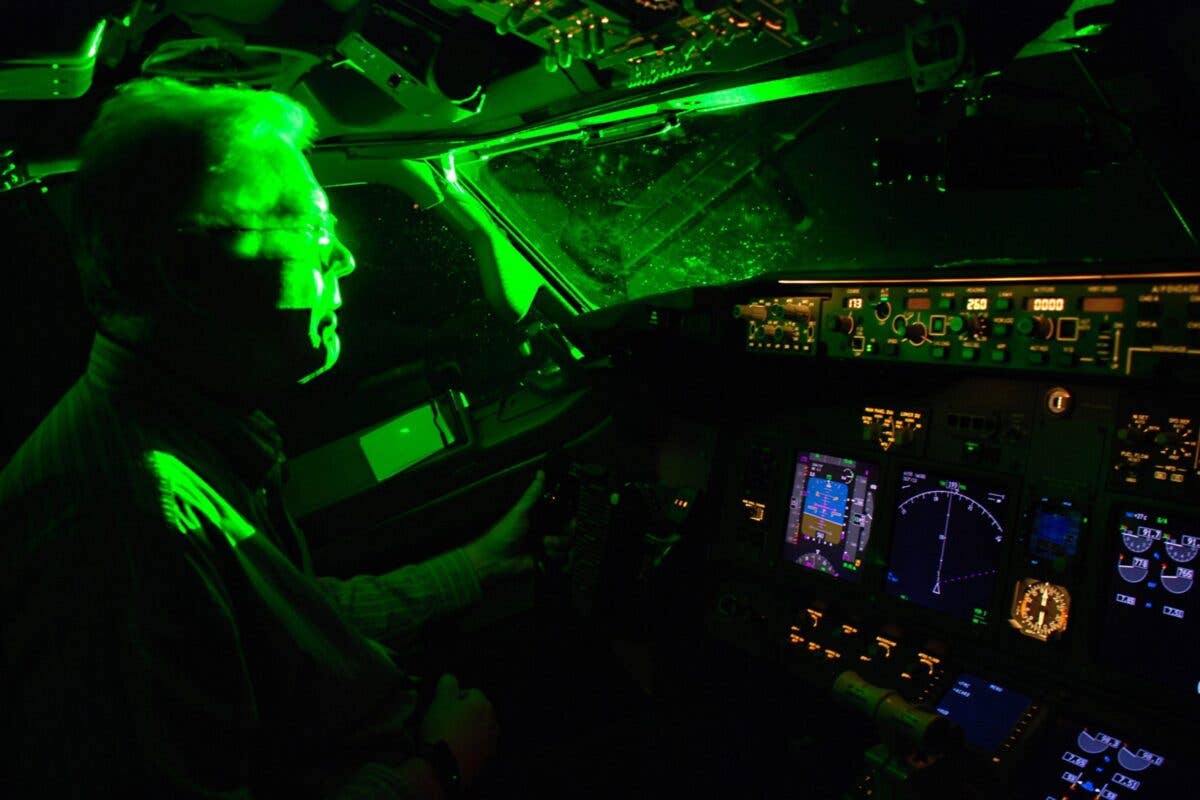EPA Releases Proposed Finding on Leaded AvGas
The aviation community was expecting the announcement and points to progress on unleaded fuel in the market.
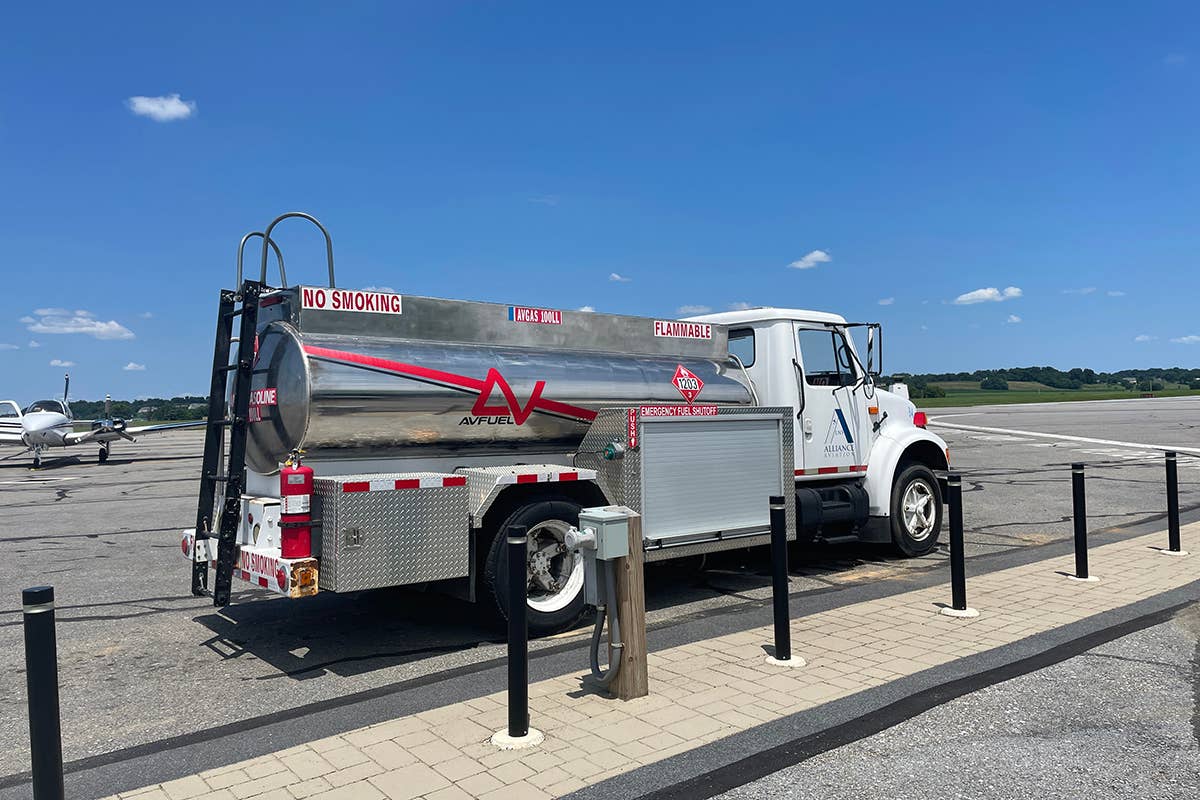
The distribution of unleaded fuel will be initially driven by industry partners to the EAGLE initiative, such as Avfuel.
[Photo: Julie Boatman]
File it under the category of “We were expecting this.”
On Friday, the Environmental Protection Agency (EPA) released its proposed finding on leaded aviation fuel, triggering a response from the consortium of general aviation associations that have been working on the removal of lead from avgas with the FAA and industry partners. Under the EAGLE (Eliminate Aviation Gasoline Lead Emissions) initiative, the collective has demonstrated in recent months its commitment to sunsetting 100LL in a safe, deliberate manner.
The Proposed Endangerment Finding for Lead Emissions from Aircraft Engines that Operate on Leaded Fuel does not call for any immediate ban on avgas containing lead. It’s simply the initial step required for the agency to exercise its authority to “address this source of lead pollution,” which is well known to the GA industry.
The EPA wraps its proposal around protecting children’s health in particular, though it notes that the sources of airborne lead pollution in the U.S. are many—including leaded paint, contaminated soil, industrial emissions from battery recycling or metals processing, and the combustion of fuel or waste containing lead. The agency also notes that levels of airborne lead in the U.S. have dropped 99 percent since 1980, leaving aircraft using 100LL one of the only remaining sources.
“When it comes to our children the science is clear, exposure to lead can cause irreversible and life-long health effects,” said EPA Administrator Michael S. Regan. “Aircraft that use leaded fuel are the dominant source of lead emissions to air in the country. Today’s proposal is an important step forward as we work to reduce lead exposure and protect children’s health.”
Associations Respond
The GA community was prepared for the release of the finding, and in previous reports had noted that it was certain to be announced by the end of 2022.
From a joint statement delivered by the Aircraft Owners and Pilots Association (AOPA), the consortium said, “It’s important to note that today’s EPA announcement in no way bans or mitigates the use or sale of 100-low lead (100LL) fuel at any of the nation’s more than 5,000 public-use airports.
“The general aviation industry and the FAA remain committed to a safe and smart unleaded transition. Any ban of 100LL for piston-powered aircraft before an unleaded alternative is widely available poses a serious safety risk to pilots, carries economic consequences to thousands of local communities, and is a violation of current federal rules and regulations.”
Swift and GAMI Fuels Coming into Market
The EAGLE initiative and the GA community have already seen significant progress in addressing the removal of lead from avgas. General Aviation Modifications, Inc., based in Oklahoma, received FAA approval in September for use of its 100-octane unleaded G100UL fuel in nearly all GA piston-engine-and-airframe combinations. Now GAMI must move the fuel through the commercialization process, which is underway with distribution partners such as Avfuel.
Already in the market? Swift Fuels’ UL94 unleaded 94-octane fuel. With distribution in California and expanding, the lower octane avgas can be used in piston engines with lower compression—roughly 66 percent of the fleet—and utilizing the Swift supplemental type certificate (STC) for the range of engines and airframes.
Also from the joint statement, the collective noted, “Moreover, progress is being made on unleaded fuels currently being evaluated by the FAA in its Piston Aviation Fuel Initiative program. Partnerships between Afton Chemical/Phillips 66 and Lyondell/VP Racing have each developed high-octane fuels as potential replacements for 100LL. Congress has provided more than $40 million for this testing and evaluation effort.”

Sign-up for newsletters & special offers!
Get the latest FLYING stories & special offers delivered directly to your inbox

